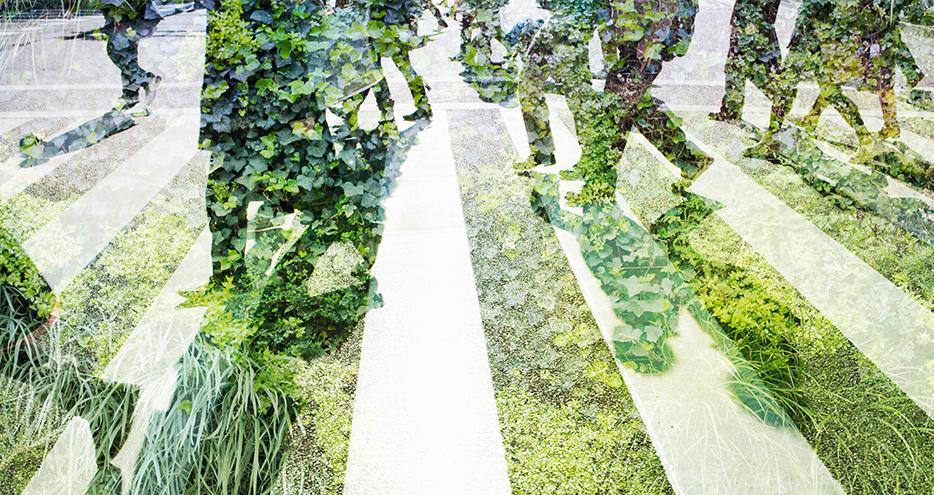UPS Longitudes | Sustainable Development in a Post-COVID World
Penny Naas @ UPS

SUSTAINABLE DEVELOPMENT IN A POST-COVID WORLD
This year has unleashed an onslaught of global challenges: natural disasters, economic volatility, social protests and a pandemic that has upended our way of life and illuminated longstanding inequities.
At the same time, as we begin to look to the future, we see some bright spots in terms of how companies are looking at the lessons from the past few months. Corporations have an opportunity to change the status quo, question decisions and start with a clean slate to develop more sustainable and equitable work policies, processes, products and investments.
At UPS, we recently announced a new purpose statement, Moving the World Forward by Delivering What Matters, which will guide what we do and how we do it.
“Corporations have an opportunity to change the status quo, question decisions and start with a clean slate to develop more sustainable and equitable work policies, processes, products and investments.”
Earlier this month, I joined other sustainability leaders at Reuters Transform USA 2020 for a discussion about pathways forward to build a post-COVID world that is healthier, more equitable and more resilient.
Check out below my takeaways from the event.
Creating long-term, sustainable solutions
E-commerce, already growing steadily in recent years, has skyrocketed during the pandemic as people rely on delivery of everyday goods in an effort to social distance. At UPS, we are already experiencing the level of package volume we typically see during the holidays.
While more essential than ever before, the convenience of e-commerce creates impacts people may not think about — more delivery stops requires more miles and more fuel, which generates more emissions.
UPS is an essential service provider in countries around the world, enabling us to keep delivering to customers and communities during the pandemic. This opportunity comes with an important responsibility to help curtail these environmental impacts.
Leveraging our integrated network and global scale, we help reduce emissions for the supply chains of many businesses, transporting and delivering products more efficiently than customers could on their own.
We’re also making investments in low-emission vehicles and renewable fuels for our fleet, as well as last-mile delivery options such as UPS My Choice® and UPS Access Point™ locations, which allow people to choose a convenient time or place to pick up packages. These centralized pickup and drop-off locations, coupled with route optimization technology, help ensure delivery on the first attempt, which reduces fuel usage and emissions.
“Leveraging our integrated network and global scale, we help reduce emissions for the supply chains of many businesses, transporting and delivering products more efficiently than customers could on their own.”
Linking environmental and social justice issues
In addition to the COVID-19 pandemic, the United States is also reckoning with systemic racism and social justice issues brought to the forefront following the deaths of Breonna Taylor, Ahmaud Arbery, George Floyd and others.
UPS is committed to helping eradicate racial injustice and inequality around the world. Earlier this year we took immediate actions, including advocating for federal and state hate crime legislation, pledging 1 million volunteer hours in support of underserved Black communities, expanding internal unconscious bias training and creating regular discussion forums about racial equality and justice topics. We also launched an internal Equity, Justice and Action Task Force to ensure these commitments shape future initiatives.
We are also making stronger connections between environmental and social justice issues. Last month, we announced a commitment to plant 50 million trees by 2030 in partnership with leading environmental organizations around the world. Projects will focus on promoting global equity and well-being for low-income and underserved communities in cities and developing areas.
Planting more trees in often neglected communities not only improves air quality, but also creates job opportunities, increases social engagement and fosters safer and healthier neighborhoods. Through our partnership with The Nature Conservancy, we are funding tree plantings as part of the Green Heart Project in Louisville’s urban communities. This unique medical research study aims to demonstrate that planting trees in these areas will have a direct benefit on the health of citizens by reducing asthma and cardiac disease.
“Another important consideration in the transition to a new normal is how to fund these urgent environmental and social priorities.”
Reimagining financial models
Another important consideration in the transition to a new normal is how to fund these urgent environmental and social priorities.
Rakhi Kumar, Senior Vice President of Sustainability Solutions at Liberty Mutual, shared their approach to cultivating a regenerative economy, including investments in green technologies. Cost savings from operational changes, such as remote working, can also create multiplier effects in improved employee satisfaction and reduced environmental impacts.
Despite all the challenges, a few bright spots have emerged during this pandemic. Not only are we uncovering opportunities to reduce costs and environmental impacts, we are also findings ways to improve employee and community well-being. And to me, that is sustainable development at its best.

